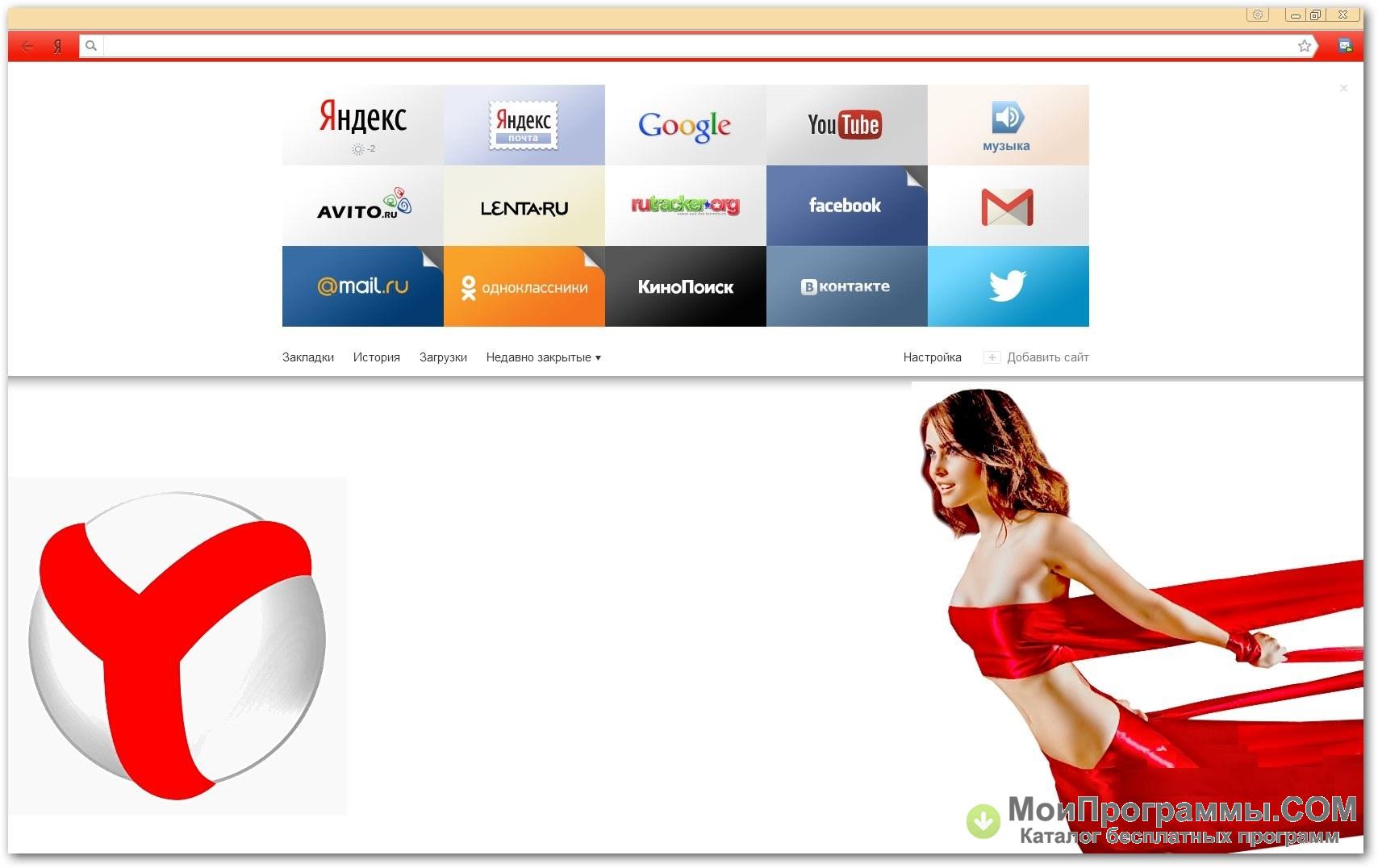
Vindovs 7 Maksimaljnaya 64 Skachatj S Programmami I Drajverami
A while back I was chatting with a few colleagues about the business of wine criticism. I suggested that certain critics seem to have preferences that come across in their assessments. I picked out one in particular and suggested, rather bravely, that I didn’t think their ratings of certain wines were very reliable, and that they were out of step with the new generation of sommeliers and writers. (It’s possible that I may have used stronger language than this.) “But that’s just your opinion,” replied a fellow writer. I was surprised. A discussion followed.
There’s a shift underway in branch networking. Backhauling branch office traffic to HQ made sense when accessing data center application, but does this approach still make sense? Securing Building Management Systems Recorded: Nov 27 2018 64 mins. Del Rodillas, Director of Industrial and IoT Cybersecurity Product Marketing, Palo Alto.
Her view, with which I strongly disagree, is that we all have our own opinions on a wine, and if individuals think a wine is great, then to them it is. This isn’t an unusual view. And it sounds wonderfully democratic. According to this posture, everyone’s opinion is of equal value. If you think a wine is great, then, to you, it is.
It’s common to hear wine personalities who, when speaking to consumers, feel obliged to echo this sentiment: Like what you like, and don’t let other people tell you your taste is wrong! To argue against this seems terribly elitist and snobby.
At its core, wine criticism is a demonstration of expertise and aesthetic systems. This is a realm where not all opinions are equally valid, and where it is possible to be wrong. Despite what wine experts say when they are trying to sound cool and egalitarian, it’s clear from their actions that they don’t actually believe that all opinions are of equal validity and that wine quality is simply personal. They sell their books, articles, and tasting notes. They deliver professional opinions that they think are more than just autobiographical. If all we wine critics do is tell people personal opinions that are only valid for us, why would we expect them to be of any real interest to others? And why would we expect people to pay for them?
To behave this way wine experts must believe that, to a degree, their verdicts are normative. In other words, if as a wine critic I share my opinion, I believe that many people with a normally functioning sense of taste would share a similar view. Download free millenium star atlas pdf software. This is in part a philosophical discussion about the subjectivity and objectivity of perception. We all undeniably bring a lot of ourselves to every wine tasting. We have personal experiences and contexts that shape our perceptions.